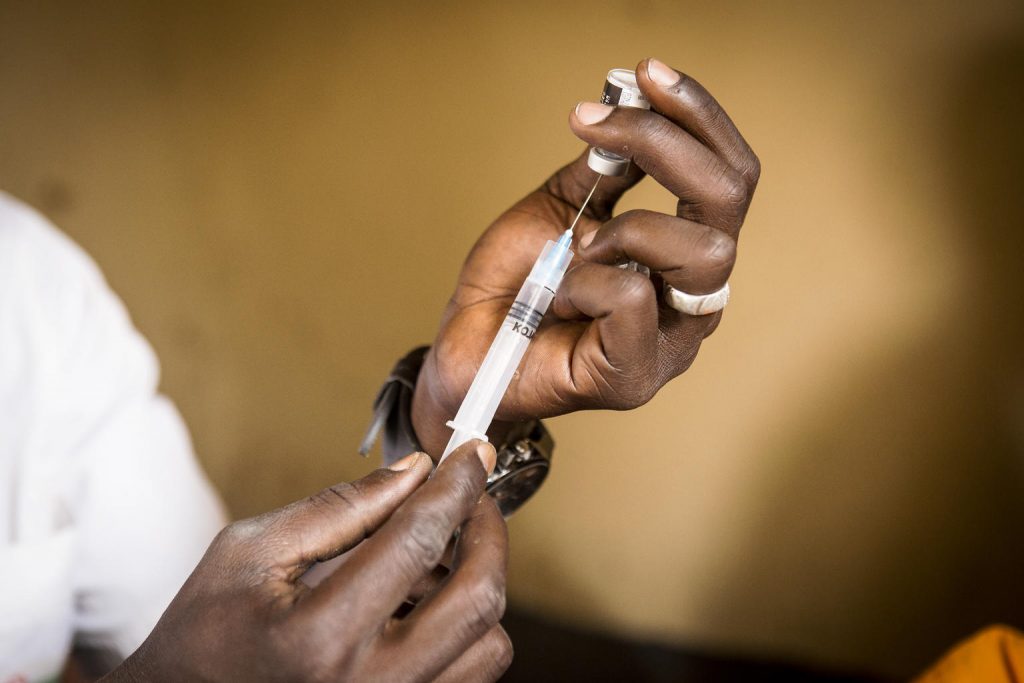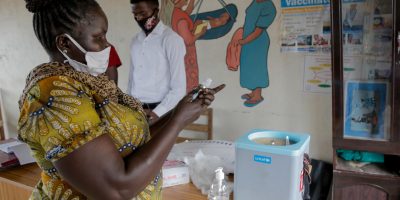In response to the Royal Society and the British Academy report entitled ‘COVID-19 vaccine deployment: Behaviour, ethics, misinformation and policy strategies’, Professor Melissa Leach, Director, Institute of Development Studies and co-Principal Investigator for SSHAP, said:
“Vaccine hesitancy is nothing new, and not specific to Covid-19. As wide-ranging work from social scientists and humanities scholars shows us, vaccine anxieties and anti-vaccination sentiment have existed for as long as vaccines themselves, both in the UK and around the world. It goes back to the Anti-Compulsory Vaccination League formed in response to the 1867 Vaccination Act, extending through the MMR controversy that began in the 1990s, and encompassing hesitancy around oral polio vaccines, HPV vaccines and more in Africa and Asia.
“This important report brings together key insights from this longstanding body of work, linking it credibly with recent survey data on attitudes to possible Covid-19 vaccination amongst British and US publics. Important insights include that vaccines are social phenomena as much as technical ones, and people will always interpret, accept or worry about them in their social contexts.
“Publics are not ignorant or ‘empty vessels’ ready to absorb the information put out by public health authorities or indeed the apparent ‘misinformation’ put out by anti-vaxx campaigners; they will always interpret this in the light of their own experiences, community relationships, and their broader trust in state and global agencies and authorities. Social difference is key, and gender, ethnicity, class and other factors and inequalities shape who hesitates, and why.
“Effective public engagement with vaccination needs not one-way messaging, but respectful dialogue and community engagement. These are longstanding lessons from multiple settings about what it takes to understand vaccine hesitancy and to build vaccine confidence, and they are highly relevant now. Moreover, for Covid-19 vaccines, the rapidity of their development, the multiplicity and novelty of technological platforms, and the new, complex contexts of their roll-out including a social-media led ‘infodemic’ and science-policy controversies over the handling of the pandemic – are likely to intensify anxieties. In short, vaccine hesitancy is set to be a huge issue for Covid-19; building vaccine confidence is a massive priority, and social science insights are vital to support this”.
Professor Melissa Leach is a member of the WHO Roadmap Social Science Expert Group for COVID-19 and British Academy COVID-19 Steering Group and helped to inform the British Academy/Royal Society report. She was the lead social scientist for the UK and WHO Ebola scientific advisory committees, 2014-15.




